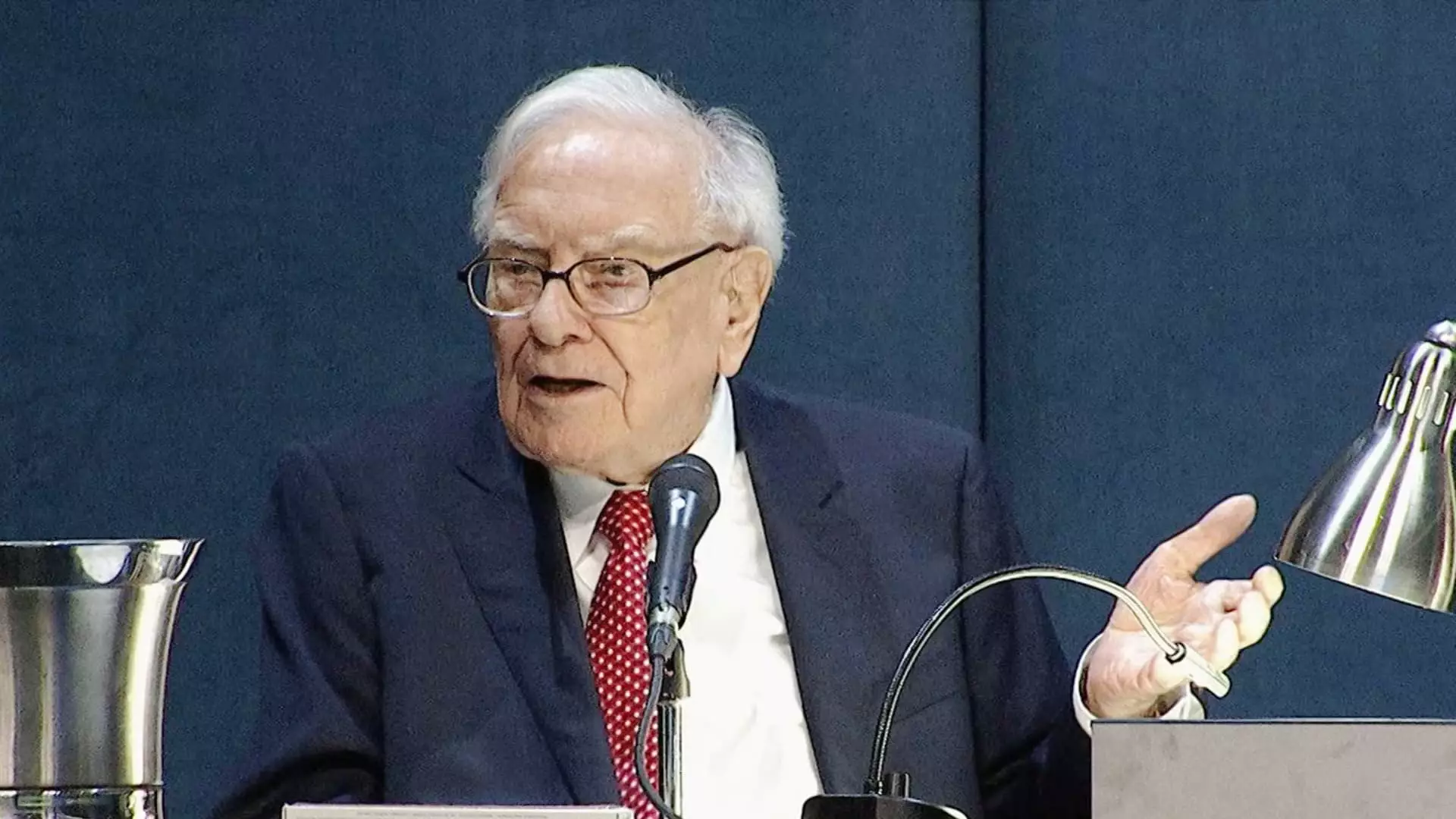Warren Buffett, known to many as the “Oracle of Omaha,” is recognized globally for his disciplined buy-and-hold investment strategy. His investment philosophy often emphasizes the importance of a long-term perspective, where he seeks to acquire businesses with a durable competitive advantage. However, when Buffett decides to divest from a stock, it can be unsettling for many investors, often interpreted as a signal of deeper troubles within that particular business or even the broader market sector. This article explores Buffett’s recent stock sales, particularly his significant stake reduction in Bank of America, and analyzes the implications of these moves for investors and the banking industry.
Buffett is famous for his insightful comments on investing, encapsulated by the belief that one should hold on to high-quality companies indefinitely. As he stated during Berkshire Hathaway’s annual meeting in 2009, “If we made the right decision going in, we like to ride that a very long time.” However, his reluctance to part with shares is predicated upon the continuous evaluation of a company’s competitive advantage and management efficacy. When this advantage begins to erode, or when faith in leadership diminishes, Buffett is willing to alter his long-held positions. For instance, his initial confidence in the newspaper industry faded due to changing market dynamics—something that led him to divest from his newspaper holdings in 2020.
This pattern of investment, wherein he only sells when significant issues arise, serves as a red flag for investors to reassess their own positions in similar assets. Buffett’s decision to sell stocks often implies that he sees potential risks on the horizon, making his stock sales an important bellwether for market sentiment in the sectors he vacates.
One of the most notable shifts in Buffett’s portfolio occurred with Bank of America (BofA). After years of bolstering his stake in the company—using approximately $5 billion to support the bank during its struggles with the subprime mortgage crisis—Buffett’s decision to sell roughly $9 billion worth of shares during mid-2023 raised considerable eyebrows.
Despite still maintaining a 10.3% stake in BofA, the selling spree in conjunction with other trades involving major banking entities like JPMorgan and Goldman Sachs raises questions about Buffett’s confidence in the banking sector as a whole.
Why would Buffett, a perennial supporter of profitability and stability, shift his investment in this manner? The answer may lie in concerns he expressed regarding the banking sector’s future. In light of recent regional banking crises, following the collapse of prominent banks like Silicon Valley Bank and Signature Bank, Buffett has publicly acknowledged the uncertainty clouding the banking industry. Such upheaval, he posits, complicates the forecasting of future bank stability and depositor behavior, prompting him to adopt a more cautious stance on bank ownership.
Buffett’s actions are closely analyzed not only for their financial implications but also for how they reflect the broader economic landscape. The uncertainty he discusses points toward larger systemic issues within the banking industry, which have been aggravated by rapid advancements in technology and an increase in fintech alternatives. Banking deposits have become less stable due to the ease with which clients can move their funds in a crisis—lessons learned from the swift bank runs of the past few years have reshaped investor behavior.
Moreover, Buffett’s reluctance to firmly project the future trajectory of banks is telling. His admission that he does not have a clear forecast following recent banking debacles signals a profound level of uncertainty. This is crucial information for investors, suggesting that Buffett does not view the banking sector as the secure investment vehicle it once was.
Warren Buffett’s recent decisions offer critical insights into both his investing philosophy and current market dynamics. While he has historically held strong views on the longevity of sound investments, recent actions reflect a deeper acknowledgment of the changing landscape, especially within the banking industry. For everyday investors, this critique and adjustment to Buffett’s portfolio demonstrates the importance of actively reassessing one’s investments in light of evolving market conditions. Adopting a proactive and informed strategy, as demonstrated by Buffett, can help navigate the anxiety surrounding current financial uncertainties and ultimately lead to more adept investment decisions.

